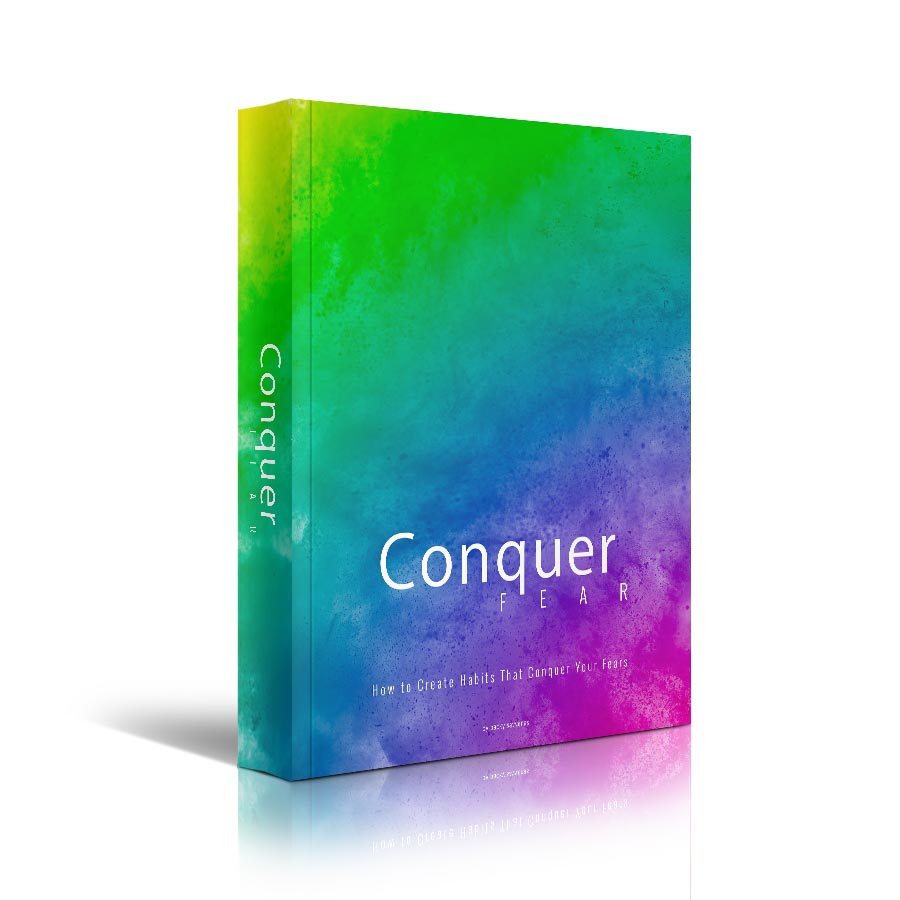
It might sound odd to use breathing to manage anxiety, but there’s a good reason why breathing techniques can be so influential. Your breathing is the only aspect of your physiology that you can consciously control with ease.
Your breathing has a great effect on your physiology. Using the power of your breath can be an effective way of managing your anxiety. Best of all, it’s free and always available to you. It’s the most effective way to mange a body that is in a state of fear which in turn creates anxiety,
Follow these strategies to use your breath to manage your anxiety:
Equal breathing. This technique has been around for thousands of years in various yoga traditions.
- Close your eyes and evaluate your normal breathing pattern. Notice how many seconds you spend breathing in and how long you spend breathing out. Do this for just a minute or two.
- Now, slowly count from 1-4 as you inhale through your nose. It’s fine to breathe through your mouth if your nose is stuffy.
- Exhale for the same 1-4 count.
- Neither your inhalations or exhalations should be overly full. Just breathe comfortable, full breaths.
- Keep the counts of your inhalations and exhalations the same. Repeat for 5-10 minutes.
Long exhale. This is a great breathing technique if you’re feeling panicked. It’s a very effective way to combat the effects of hyperventilation.
- Part 1: Extend your exhalations for as long as you can. Try to squeeze out as much air as possible without making yourself miserable.
- Then, relax and allow your lungs to naturally fill with air. You can do this by simply relaxing. It’s not necessary to actively inhale. If you’ve exhaled completely, your lungs will fill with air if you just relax. Continue for five full minutes.
- After five minutes have passed, try this next exercise for an additional five minutes:
- Part 2: Exhale for twice as long as you inhale. Three seconds in, and six seconds out is a good starting point. Try longer and shorter timeframes and see what effect it has.
Belly breathing. This is one of the more popular breathing techniques to enhance feelings of wellbeing.
- Lie down and put one or both hands on your belly.
- Take a full, deep breath (you’ll feel your belly rise) and hold it for a short period of time. How long is up to you. Start with just a count of one and extend it as you see fit.
- Relax and allow your body to naturally expel the air. You’re not intending to exhale. You’re just relaxing and allowing nature to take its course.
- Pause again for as long as you like.
- Again, 5-10 minutes is sufficient, but you can always go longer if you like.
Alternate nostril breathing. This is another yoga technique that people seem to either love or hate. It’s a little more complicated, so it can be distracting. This is great if you need a distraction from your anxiety.
- Breathe normally, but only use one nostril at a time. Gently place your finger over one nostril, and then inhale and exhale through the other nostril.
- After you complete one breath cycle, close off your other nostril and repeat the process with the other side.
- This process can be combined with any other breathing technique. Play around with it and see what works for you.
These are just a few examples of breathing techniques that can be utilized to minimize anxiety.
How you breathe can have a powerful effect on your body and your emotions. Learn how to use your breath to your advantage. The answer to your anxiety might already be within you.








